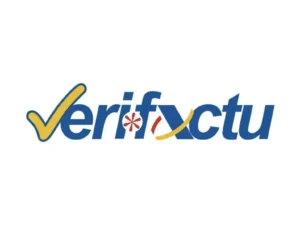A new court ruling allows non-residents renting properties in Spain to deduct rental expenses and claim refunds for overpaid taxes.
The situation before the ruling
Until recently, non-residents in Spain who rented out property had to declare their rental income through form 210 (IRNR) without being able to deduct any expenses.
In practice:
- They declared their gross rental income, with no deductions for property tax (IBI), repairs, insurance, or mortgage interest.
- They were taxed at a flat rate of 24%, while EU residents enjoyed a lower 19% rate and were allowed to deduct expenses.
This created a clear disadvantage and discrimination for non-residents outside the EU/EEA.
The ruling that changes everything
The Spanish National Court ruling 3630/2025, dated 28 July 2025, has overturned this inequality. The case involved a US citizen who owned a rental property in Barcelona. The Spanish tax authority had denied her the right to deduct expenses. She appealed, and the court sided with her.
The court concluded that excluding non-EU/EEA residents from deductions was discriminatory and contrary to the EU principle of free movement of capital.
What does this mean in practice?
- All non-residents, including those living outside the EU (United States, Canada, United Kingdom after Brexit, Switzerland, etc.), may now deduct expenses related to their rental property in Spain.
- You can review past tax returns (form 210) and request corrections to claim refunds for taxes overpaid.
- Keep in mind the statute of limitations: generally, you can only claim corrections for the last four years.
Benefits for non-resident property owners
- Lower tax burden: you are taxed on net rental income instead of gross.
- Fair treatment: the same rules now apply to both residents and non-residents.
- Refund opportunity: you may recover money overpaid in previous years.
What should you do if you are affected?
- Review your IRNR returns (form 210) from the past few years.
- Identify deductible expenses such as property tax, community fees, insurance, maintenance, and mortgage interest.
- Request corrections to recover any overpaid taxes.
- Seek professional advice to ensure your claim is properly filed and within the deadlines.
Conclusion
This ruling is excellent news for non-residents who own rental properties in Spain. It paves the way for fairer taxation and the possibility of recovering overpaid taxes.
At MJB Assessors, we specialise in international taxation. We can help you review your returns, deduct the correct expenses, and file refund claims. Contact us today for personalised guidance.
The information and legal guidance provided in this article and in other posts on our blog are for informational purposes only and are in no way binding. We strongly recommend seeking specific legal advice for each case and consulting with a duly qualified professional. If you wish, you can also contact us at info@mjbassessors.com.







